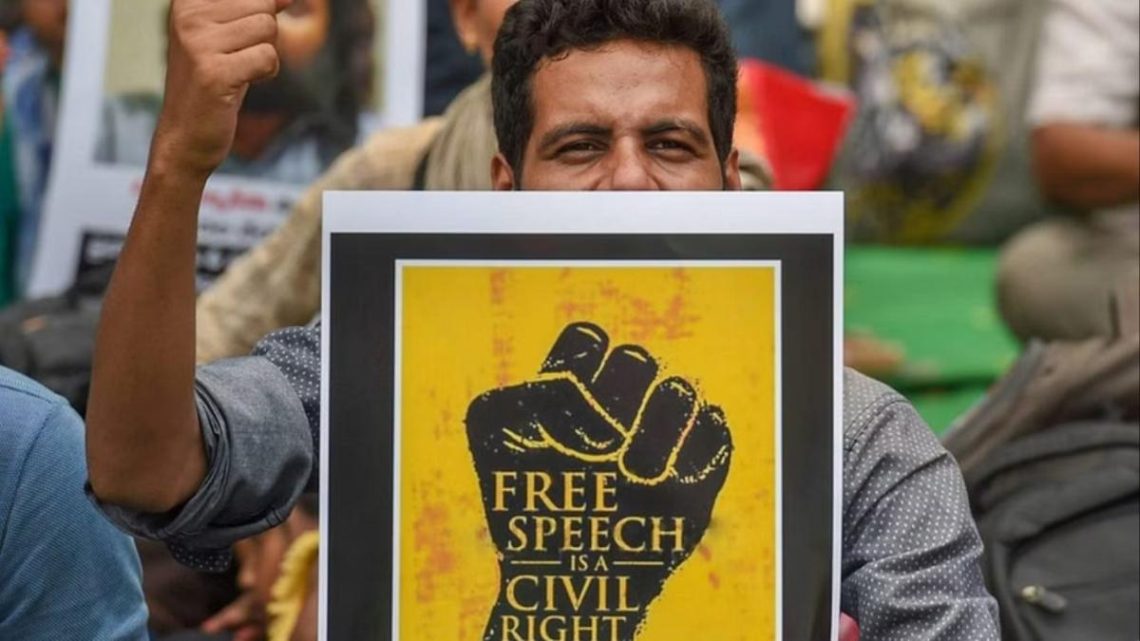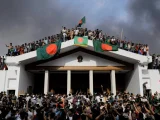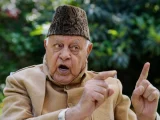
Secularism at Stake: Human Rights Violations Against Muslims Under Modi’s Regime
November 3, 2024The third term of the Bharatiya Janata Party (BJP) under Prime Minister Narendra Modi has witnessed a troubling surge in violence and persecution against Muslims in India. This period is marked by systematic discrimination, characterized by housing segregation, communal violence, and preferential treatment towards the Hindu majority. The unchecked violent attacks on Muslims, particularly during religious observances, have gone largely unpunished, exacerbating their exclusion and vulnerability within the country. Such actions not only signify a severe breach of human rights but also highlight the ongoing oppression faced by this minority community.
Muslim victims have turned to the Indian Supreme Court, seeking intervention to halt the arbitrary destruction of Muslim-owned properties, a practice referred to as “Bulldozer Justice.” This term describes the actions of Hindutva elements that target Muslims under the pretense of removing illegal structures. Additionally, reports indicate that Muslim converts are being prosecuted under anti-conversion laws and are facing life imprisonment, highlighting a troubling increase in restrictions on individual religious freedoms.
During the recent third ministerial conference of Justice for All (JFA) experts, alarming warnings were issued about the escalating Islamophobia in India, which some fear could lead to genocide. The institutionalized bigotry was starkly illustrated by Hindu protests against housing initiatives for Muslim single mothers, emphasizing the systemic discrimination entrenched within the Modi administration. The violence against Muslims has also been evident during religious practices, such as the assaults on worshippers at Gujarat University during Ramadan, where the government failed to intervene, casting doubt on India’s claims of secularism.
The Indian government has systematically suppressed dissent, particularly among religious minorities and their advocates. Tactics such as surveillance, harassment, property demolitions, and detentions under the Unlawful Activities Prevention Act (UAPA) have become commonplace. Non-governmental organizations (NGOs) have also faced increased scrutiny and restrictions, particularly through the Foreign Contribution Regulation Act, limiting their ability to operate freely.
Public figures within the BJP, such as member Gyan Dev Ahuja, have incited violence against Muslims by calling for severe measures against those involved in cow slaughter, further inflaming tensions in regions like Bihar, Uttar Pradesh, and Delhi. Muslim women continue to face harassment and discrimination at various levels, exacerbating the intersection of gender and religious inequities. The destruction of properties in predominantly Muslim and Christian neighborhoods under BJP rule continues to foster religious tensions.
Social media platforms have emerged as powerful tools for spreading misinformation, hate speech, and inciting violence against religious minorities, often fueled by Hindu nationalist groups. Legislative measures like the Citizenship Amendment Act (CAA) and the National Register of Citizens (NRC) have raised fears of further marginalization, with hundreds of thousands of Muslims in Assam at risk of losing their citizenship.
To combat these trends, civil society organizations must urgently approach the Indian Supreme Court to protect minority rights and halt the demolition of Muslim properties. The international community has a role to play in advocating for protective measures against rising Islamophobia and for the enforcement of India’s secular principles. There is a pressing need for inclusive housing policies to support marginalized groups, such as Muslim single mothers.
In summary, the alarming trends of discrimination and violence against Muslims in India demand immediate attention and action. Strengthening protective measures for minority communities and ensuring the respect of citizenship rights are critical steps toward restoring justice and upholding the secular values that India claims to cherish.

